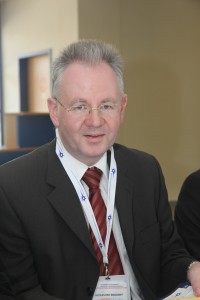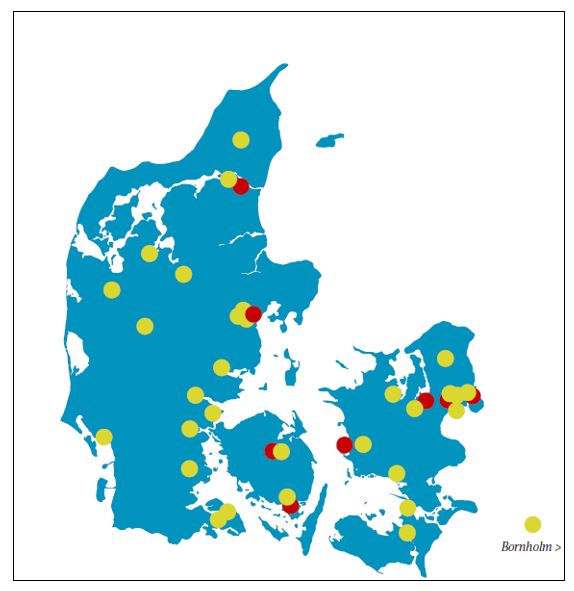 by Alexandre Bisdorff
by Alexandre Bisdorff
The European Union of Medical Specialists (UEMS) is a non-governmental organisation founded in 1958 comprising the national medical organisations that represent medical specialists in the European Union and in associated countries. The UEMS is committed to the promotion of the highest attainable quality of medical care for European citizens, the highest standards of medical education for doctors, and the free movement of medical specialists throughout Europe.
The UEMS established the European Accreditation Council for Continuing Medical Education (EACCME®) in January 2000, with the aim of encouraging high standards in the development, delivery and harmonization of continuing medical education (CME). This was to be achieved through the international accreditation of CME events, and the establishment of a system for the international acceptance of CME credit points. After just a decade of function EACCME® accredits around 1400 applications per year for meetings providing international CME. In 2009 the EACCME® introduced a system that provides for accreditation of e-learning materials.
The UEMS has agreements based on the mutual recognition of credit points with the American Medical Association – for live educational events (LEEs) and for e-learning materials – and with the Royal College of Physicians and Surgeons of Canada – for live educational events only.
A recent document represents the updated criteria that will be applied by the EACCME® when considering applications for the accreditation of LEEs, as of 1st January 2013. (the document can be accessed via http://www.uems.net)
The main focus of the previous accreditation guidelines was on content – unbiased by commercial, ideological, political or any other kind.
The updated criteria also focus on the educational quality of the LEEs.
The application must demonstrate that a “needs assessment”process has been completed, how that process was performed, and what relevant educational needs have been identified from that process.
The provider must define the “target audience” for whom the LEE is most likely to be suitable. This must be explained in terms of the speciality/ies and seniority of doctor(s) most likely to benefit.
The provider must identify and communicate the expected educational impact in knowledge, skills, attitudes or behaviours, or ethical lessons, and where in a doctor’s practice this will have an impact.
The LEE must include methods to promote active learning. Examples include: multimedia presentations; protected time for question and answer sessions; opportunities for audience participation; key-pad votes and discussion.
The provider must indicate how it is verified that the learner has engaged with the LEE in order to fulfill the educational objective. The UEMS encourages the use of more sophisticated methods, such as smart cards confirming attendance at specific sessions, requiring the learner(s) to complete questions based on the LEE material, requiring the learner(s) to complete feedback forms, etc.
The EACCME® is the largest CME accreditation authority in Europe. It is run by the medical profession, for the medical profession and is totally independent of influence by sponsors and industry.
While there are some specialty-specific organisations that provide accreditation – some of which are linked to the EACCME® – none has the range of mutual recognition agreements, or is as large as the EACCME®.
Some members on the Section and Board of Neurology of the UEMS serve as reviewers for Life educational events and e-learning material for EACCME in neurology.
Alexandre Bisdorff is President of the European Board of Neurology. He is Professor of Neurology at Centre Hospitalier Emile Mayrisch in Esch sur Azlette, Luxembourg.






